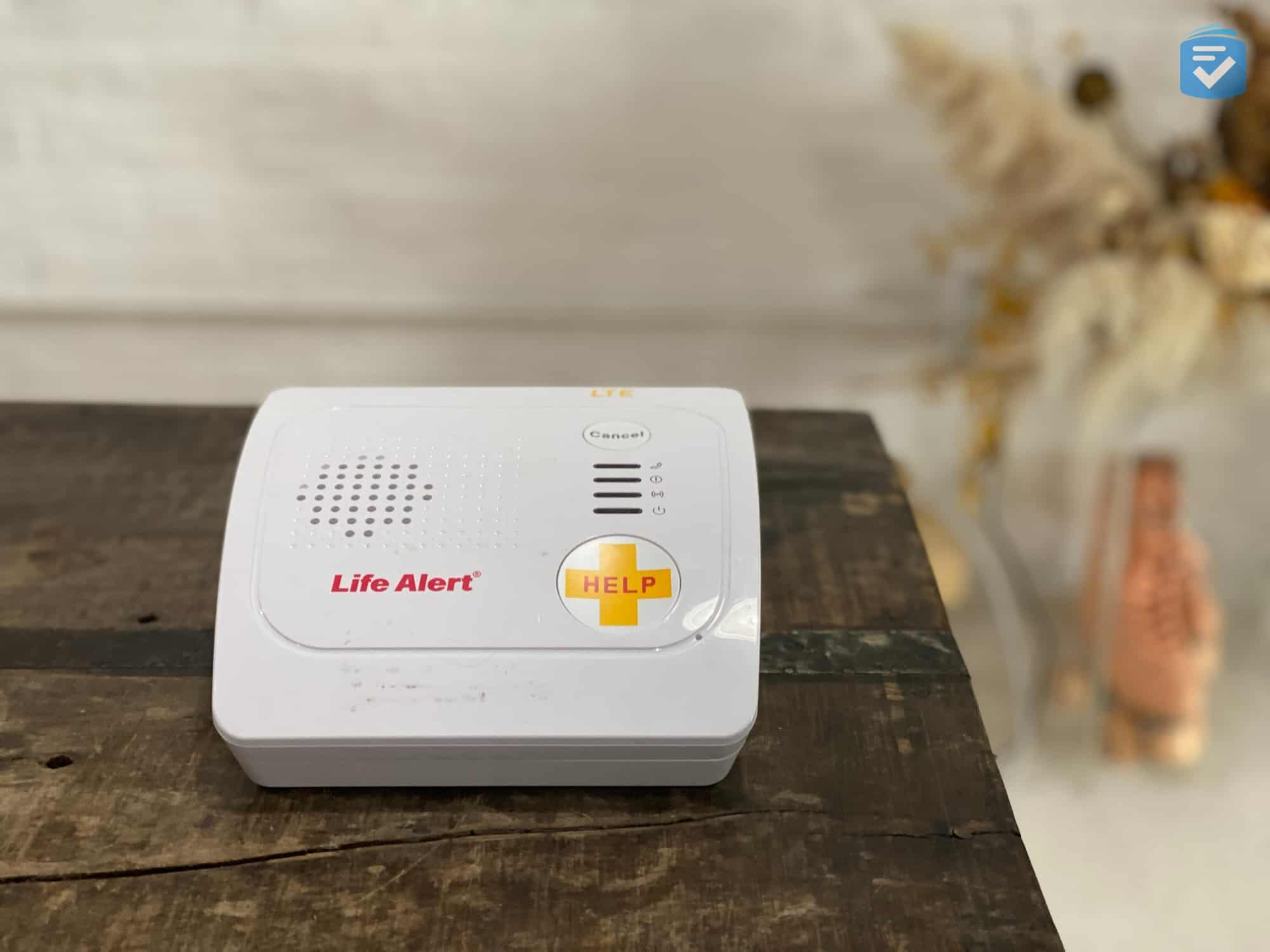Does Medicare Cover Life Alert?
Medicare and Life Alert: Takeaways
- As of 2025, Original Medicare (Parts A and B) will not cover the cost of Life Alert or other medical alert systems.
- Medical alert systems are not considered durable medical equipment (DME) and are, therefore, not eligible for coverage.
- In some cases, Medicare Advantage plans, a private alternative to Medicare, will offer partial or full coverage for a medical alert system.

Pro Tip: While Medicare likely won’t cover Life Alert, there are other systems that cost as low as $20 per month. To learn more about these affordable systems, read our guide to this year’s best medical alert systems.
Medicare Coverage of Medical Alert Systems
In the vast majority of cases, Medicare will not cover medical alert systems, including Life Alert.
Medicare Part A (Hospital Insurance) covers inpatient care in hospitals, skilled nursing facility care, hospice care, and home health care. None of this is applicable to medical alert systems.
Medicare Part B (Medical Insurance) covers services from doctors, services from other health care providers, preventive services, home health care, and durable medical equipment.
Durable medical equipment (DME) items include oxygen concentrators, wheelchairs, and CPAP machines, among others; however, medical alert systems are not considered DME and are not covered by Medicare.
Medicare Advantage Coverage of Medical Alert Systems
While Original Medicare will not cover Life Alert or other medical alert systems, some Medicare Advantage plans may cover part or all of the costs.
Medicare Advantage plans are a private alternative to Original Medicare. In addition to offering coverage that is equal to that of Original Medicare, Medicare Advantage plans often offer additional benefits. These may include:
- Dental coverage
- Partial hearing aid coverage
- OTC medication discounts
- Medical alert system discounts or coverage
Since Medicare Advantage plans are offered by private insurance companies, these extra benefits will vary significantly by the company. If you’re looking for medical alert system coverage, be sure to reach out to your insurer, and see if they offer any plans with this type of coverage.

Medical Alert System Costs
Medical alert systems cost anywhere from $20 to $50 per month, with some providers like Life Alert costing upward of $80 per month.
With most medical alert companies, you do not have to purchase your equipment; rather, you pay a one-time activation fee (anywhere from $20 to $100) and then a monthly fee to lease the equipment. With most companies, you can cancel your service, return your equipment, and stop paying the monthly charge at any time.

To learn more about medical alert systems and how they can help your loved one age in place, read our full guide to medical alert systems.
To learn more about our experience with Life Alert, read our full Life Alert review.
Frequently Asked Questions
-
Does Medicare cover medical alert systems?
Original Medicare will not cover Life Alert or another medical alert system, as these devices are not considered durable medical equipment.
-
Does Medicare Advantage cover medical alert systems?
Since Medicare Advantage plans are offered by private insurers, they may offer additional benefits that include partial or full coverage for a medical alert system. To find out if your Medicare Advantage plan offers this type of coverage, look at your Evidence of Coverage document.
-
How much does Life Alert cost?
Life Alert systems can cost anywhere from $50 to $90 per month, and you’ll also have to pay a one-time activation fee.
-
Does insurance cover medical alert systems?
In most cases, health insurance policies won’t cover medical alert systems; however, some providers may offer a specific benefit for this type of device.
